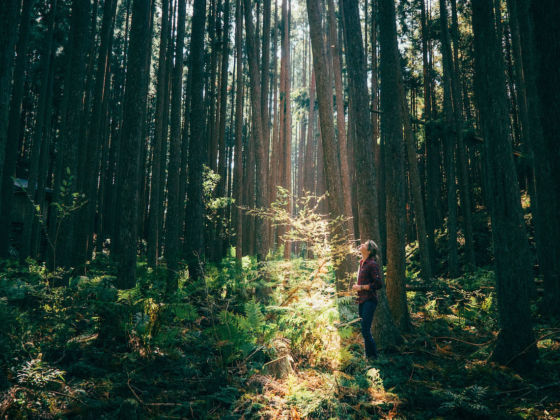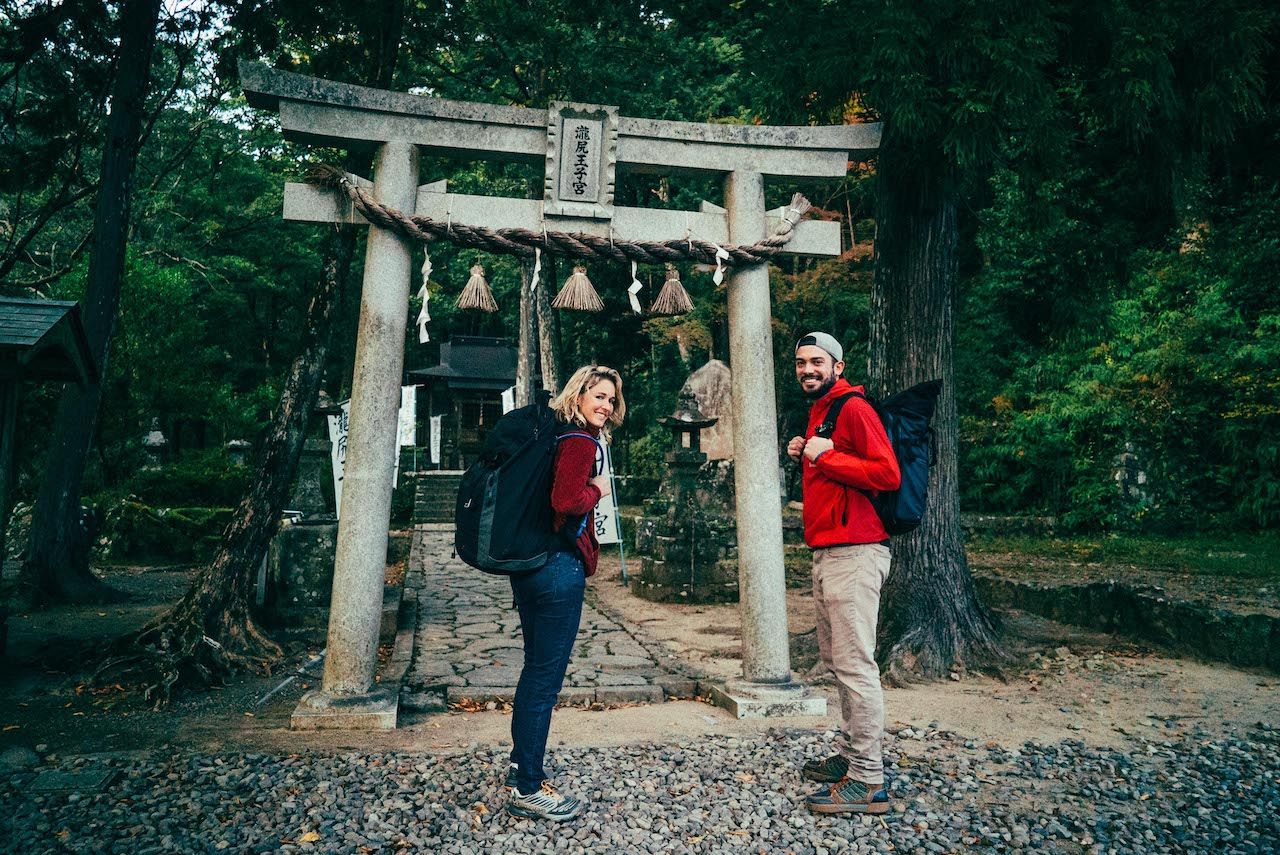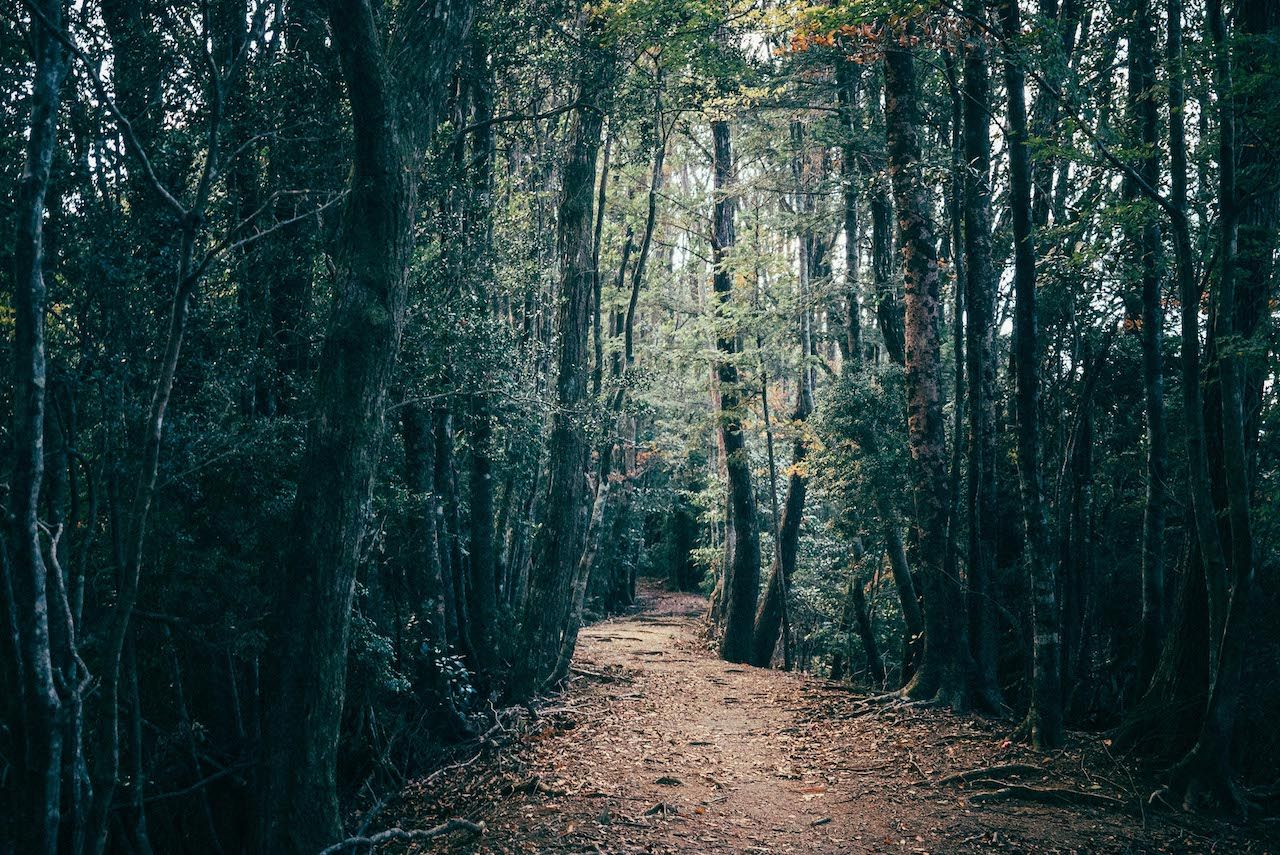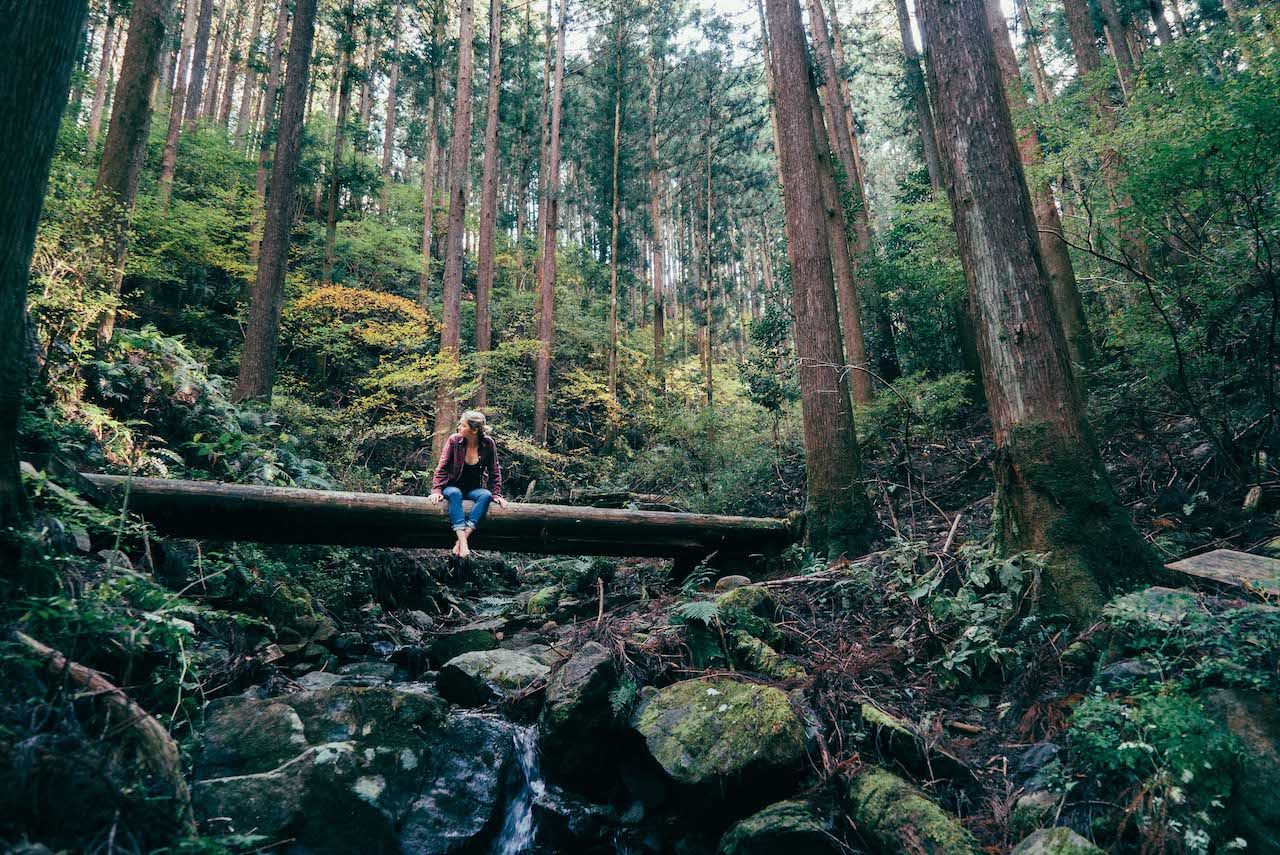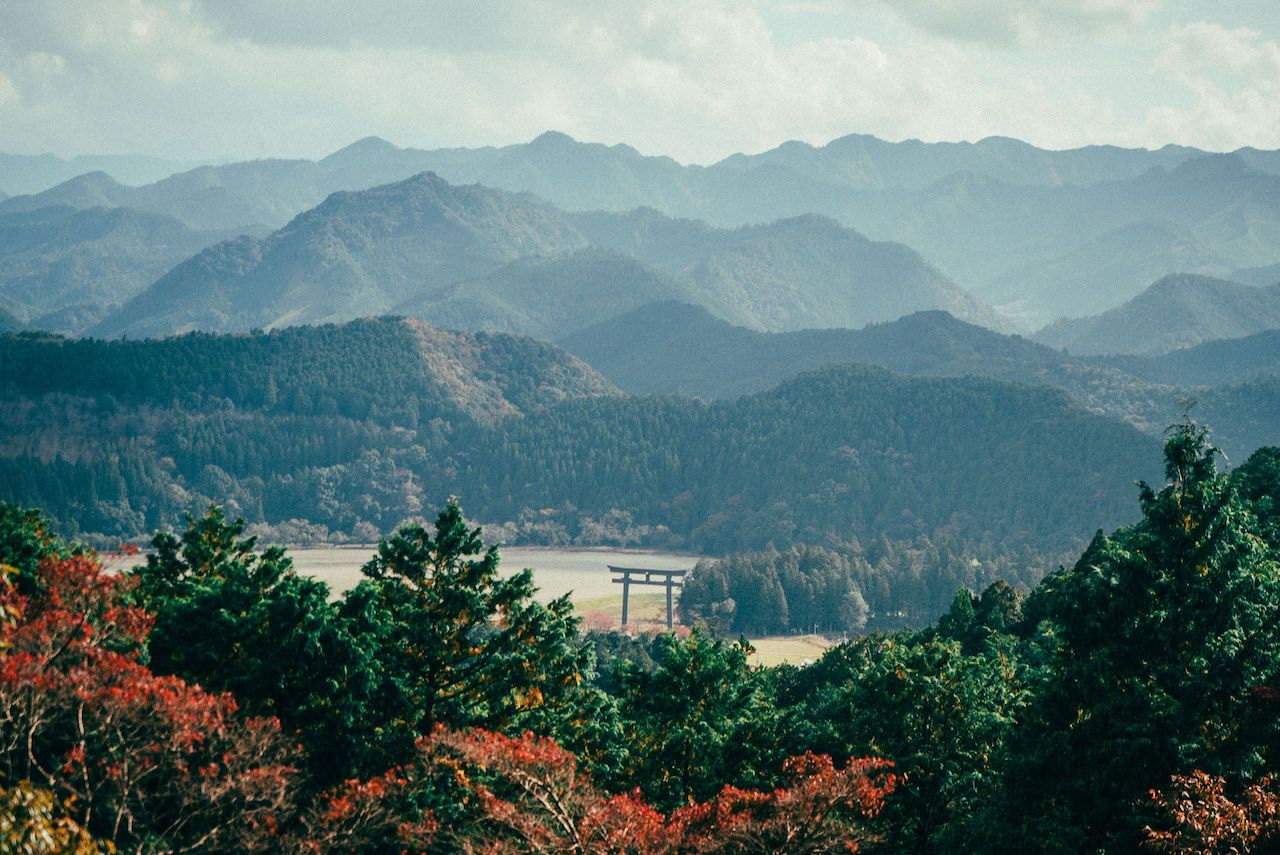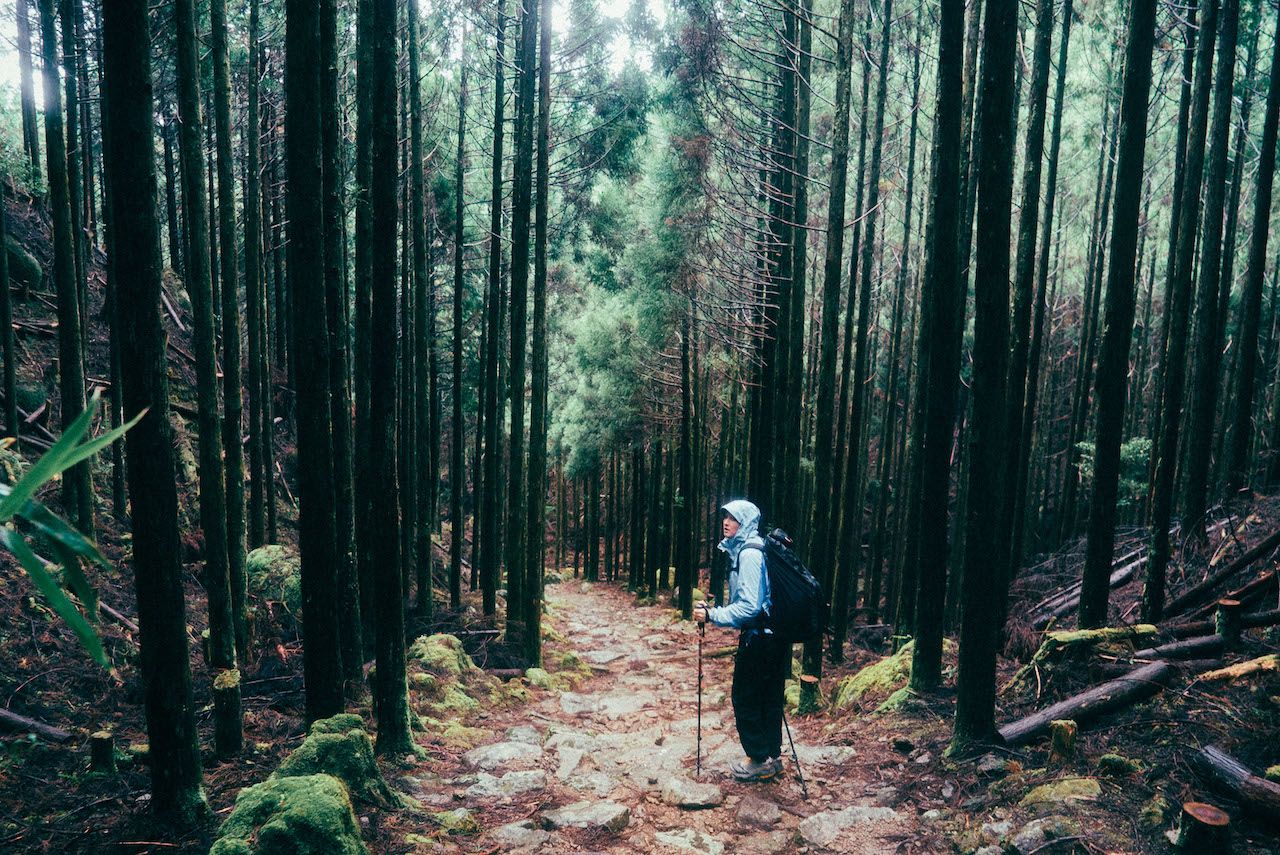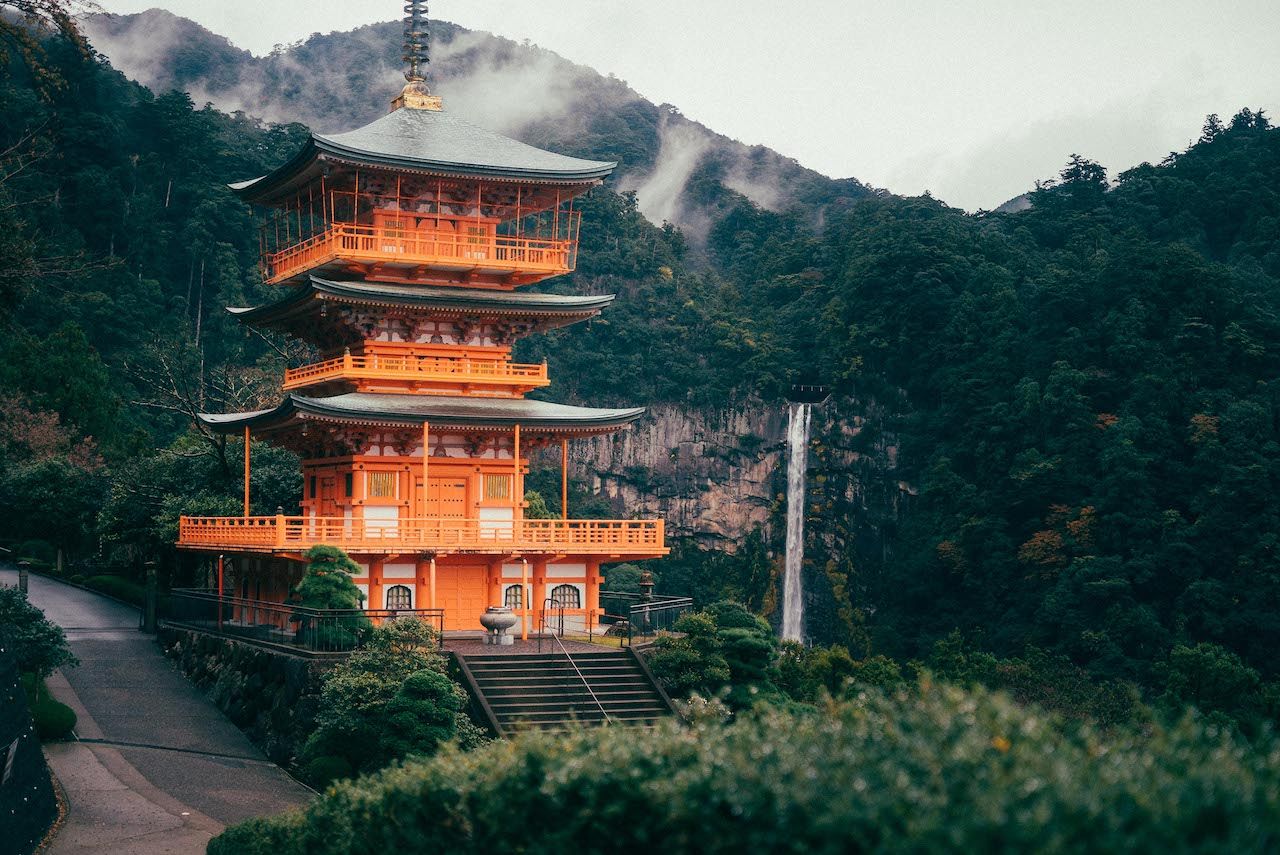Japanese forest bathing sounds like a spa treatment you probably can’t afford. Or something exclusive to the adorable snow monkeys from the lead-ins at the Nagano Olympics and the Great Plains Zoo.
But it actually has nothing to do with soaking in water, and everything to do with soaking in nature as a way to counteract the sensory overload of modern life.
